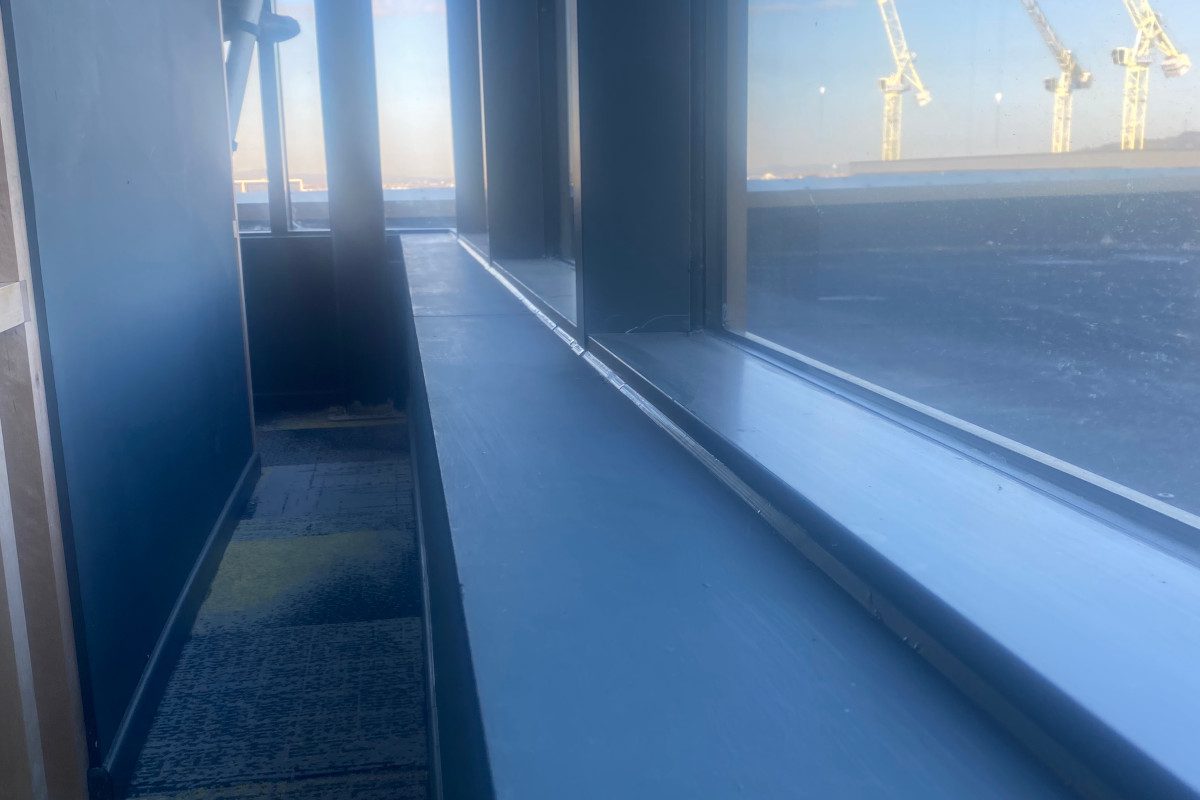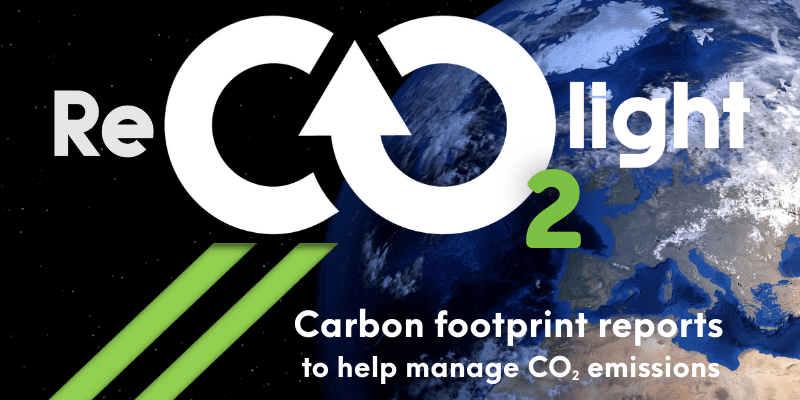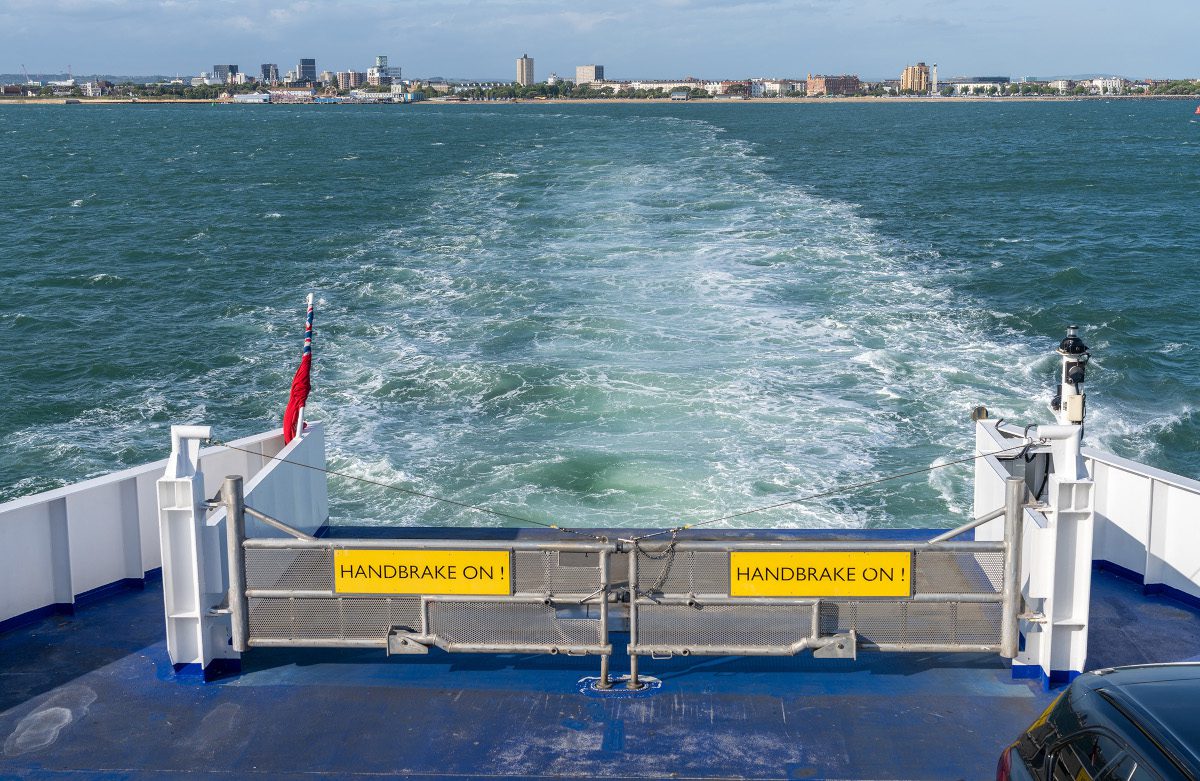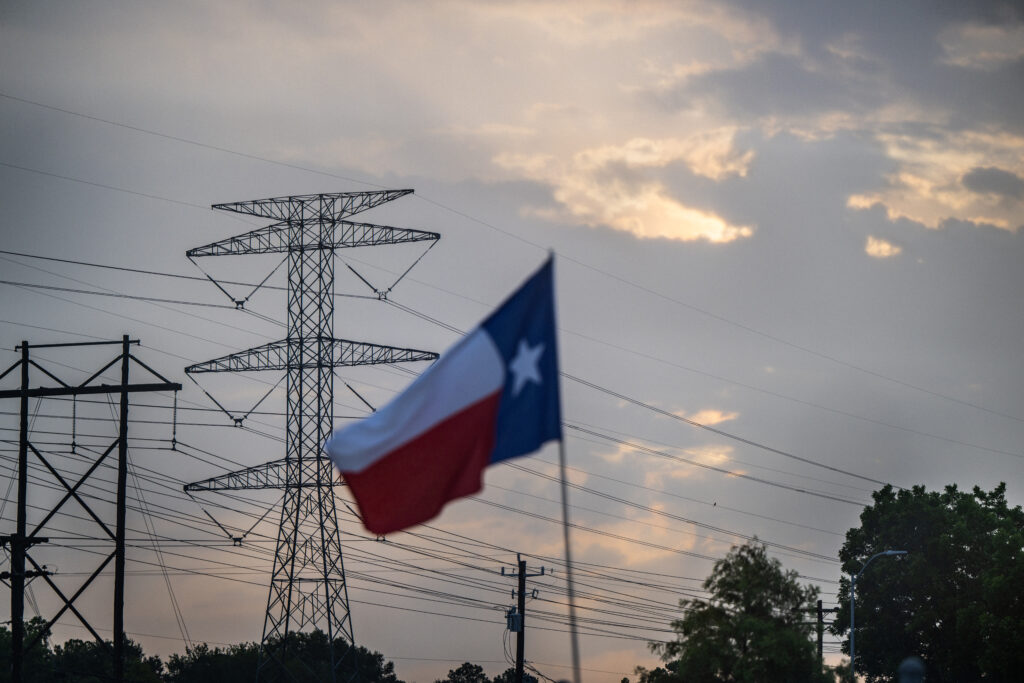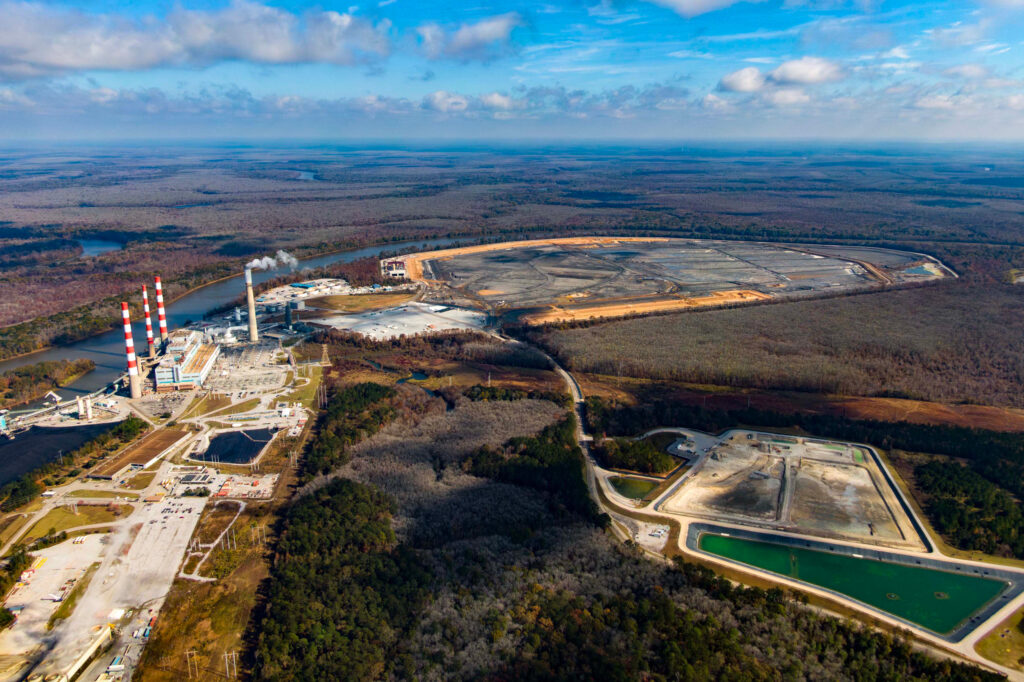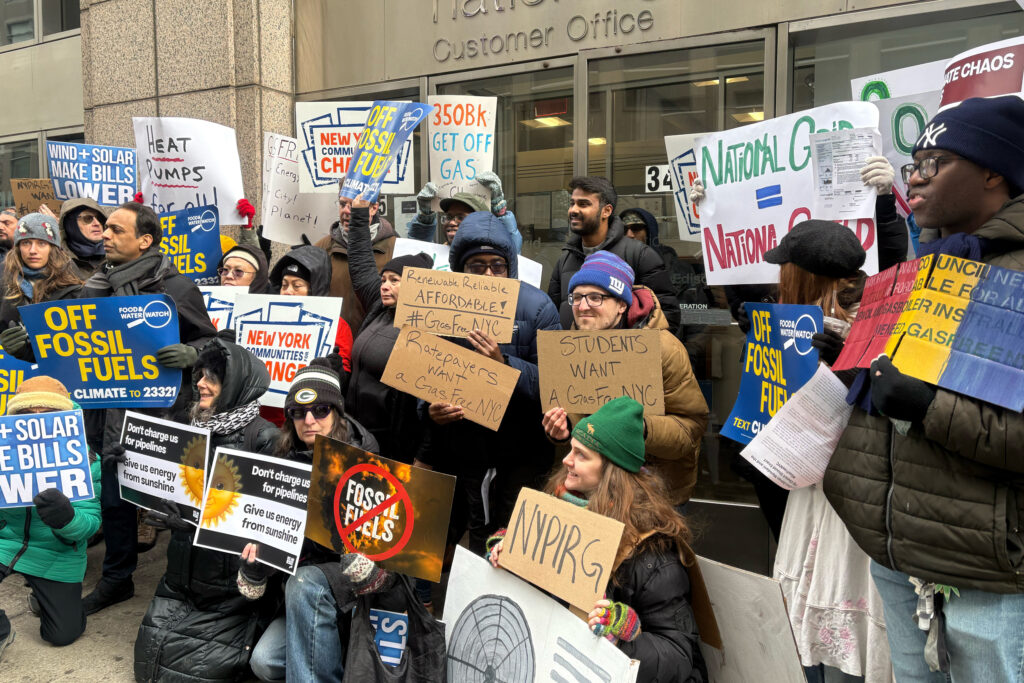The idea of green shipping corridors – referring to specific trade routes where the feasibility of zero-emission shipping is catalysed by public and private action – has gained currency in recent years, but progress could stall without urgent action from governments to overcome a “feasibility wall.” This is the conclusion drawn by a report from the concept’s originator, the Global Maritime Forum (with the Getting to Zero Coalition), the “Annual Progress Report on Green Shipping Corridors 2024”, published on 19 November.
The report, now in its third edition, highlights major growth in the number of initiatives, increasing by 40% in 2023 to a total of 62 initiatives globally. Alongside this considerable expansion, a third of the existing corridors have advanced to a new phase of exploration, including feasibility studies, implementation roadmaps, and cost assessments. Six frontrunning initiatives are now preparing for real-world implementation, establishing blueprints for green corridors worldwide.
However, initiatives risk hitting a “feasibility wall” if the cost of transitioning to sustainable energy sources is not urgently addressed by national policy incentives. This lack of national policy to bridge fuel costs is now the number one bottleneck and will soon limit the development of green corridors. The report calls on national governments to step up support and help unlock the business case for alternative energy, such as hydrogen-based fuels.
Jesse Fahnestock, Director of Decarbonisation at the Global Maritime Forum, said: “Green shipping corridors have an essential role to play in accelerating zero-emission shipping. This year saw a handful of advanced corridors setting the pace, but continued progress is not inevitable. If industry and national governments make a concerted effort to share the costs and risks associated with new fuels, these leading corridors could together generate a breakthrough for zero-emission shipping before 2030.”
The concept of green corridors was established in November 2021 as a critical way to scale new sustainable fuels and technologies. In particular, they are central to delivering the goal of having zero-emission fuels account for 5% of all fuels by 2030. The 5% target is considered the threshold at which the infrastructure, supply chains, and technologies that support zero-emission fuels are mature enough to enable exponential growth. If green corridors fail to continue advancing, the 5% target is at risk, potentially jeopardising the industry’s entire 2050 net-zero goal. With shipping providing the backbone for global trade, failing to meet the sector’s decarbonisation targets could have significant implications for Scope 3 emissions reductions across all sectors.
The report says the development of green corridors can help governments reach their hydrogen ambitions by providing an early and sizeable source of demand. Just the six frontrunning initiatives alone could require over two million tonnes of hydrogen-based fuel per year by 2030. With an increased number of governments focusing on incentivising the adoption of hydrogen in multiple sectors, providing shipping-specific support could catalyse both national hydrogen economies and the decarbonisation of the maritime sector.
The report concludes by identifying five key recommendations to ensure the continued successful development of green corridors:
- Government support to bridge the operational cost gap of transitioning to alternative energy sources. Countries could tap into existing schemes by, for example, offering shipping-specific auctions through the H2Global mechanism to decrease the cost of providing this support.
- The development of innovative commercial agreements for fuel procurement and chartering/cargo within green corridor initiatives.
- A flexible, programmatic governance approach for green corridor initiatives to encourage participation and collaboration while allowing for risk-sharing and scaling.
- Exploration into policy and finance for green corridors – and zero-emission fuel – in the Global South, which faces unique challenges that may require collaboration with development banks to identify solutions.
- Focused support on existing green corridor initiatives to progress against Clydebank Declaration targets, given the limited public and private resources available.




